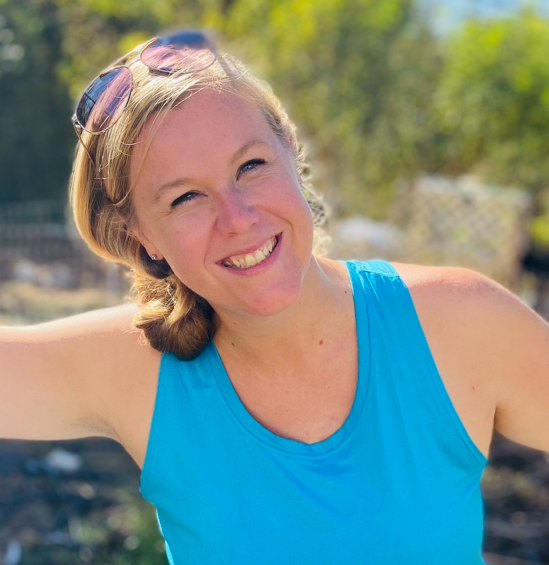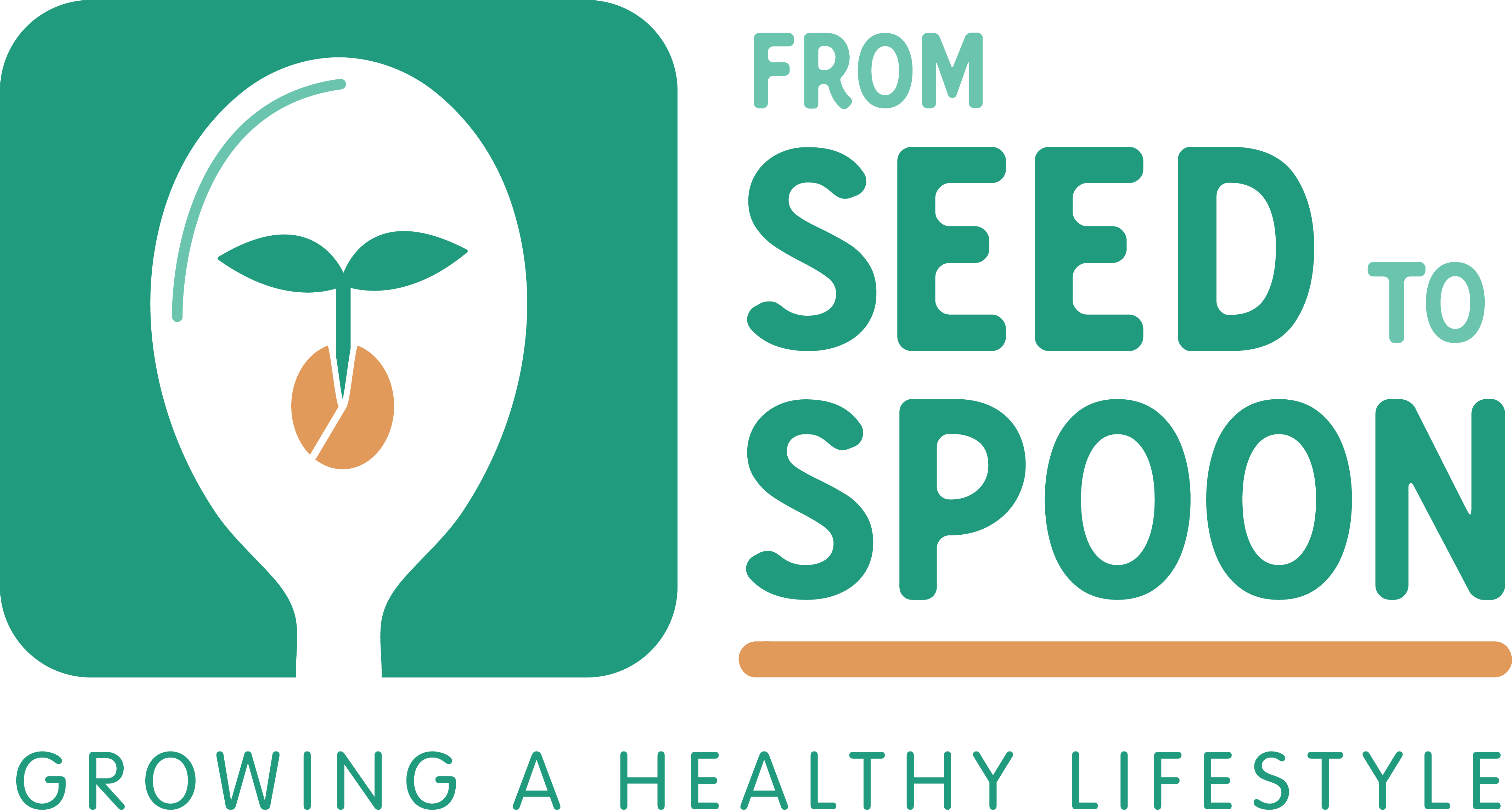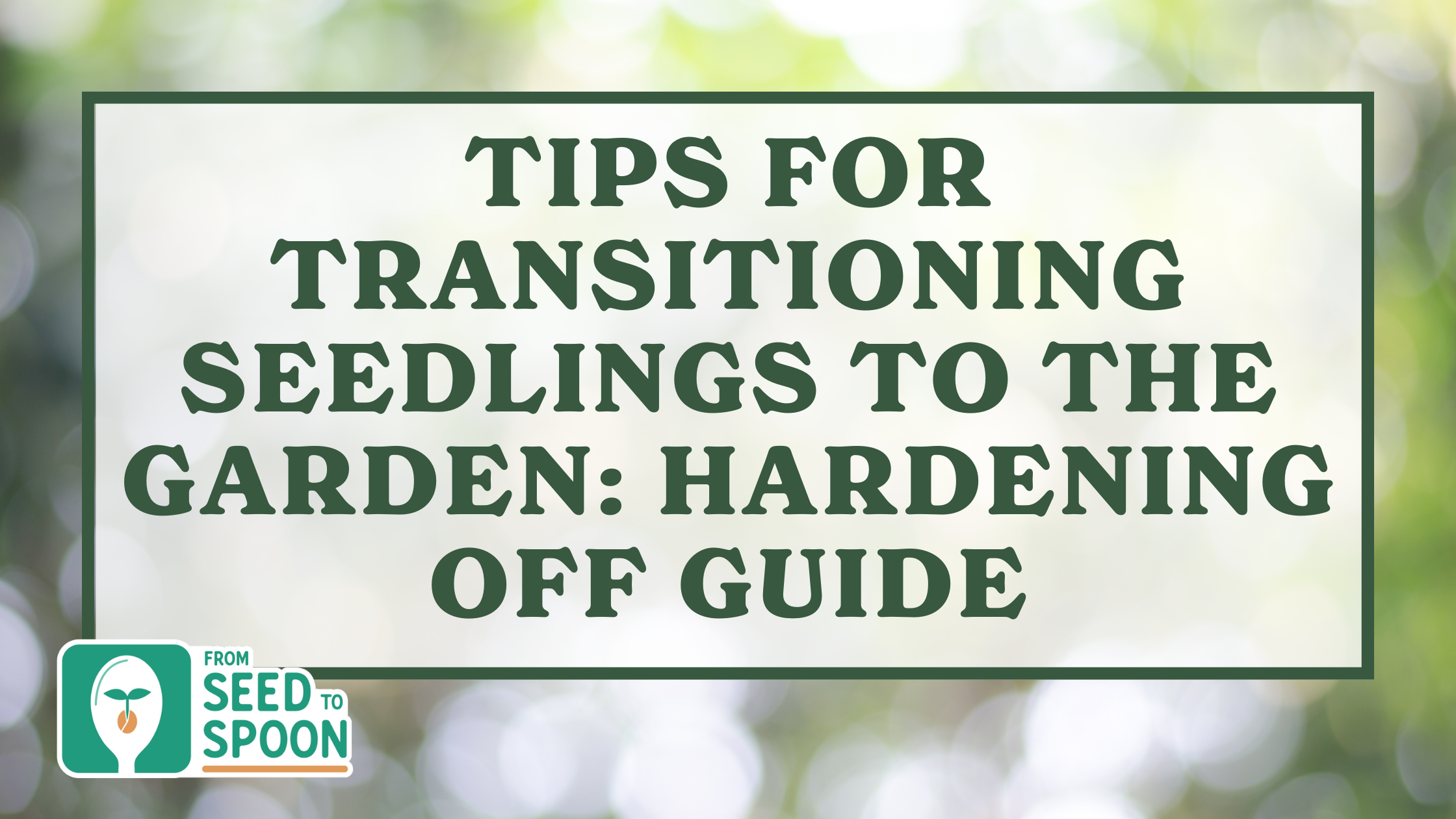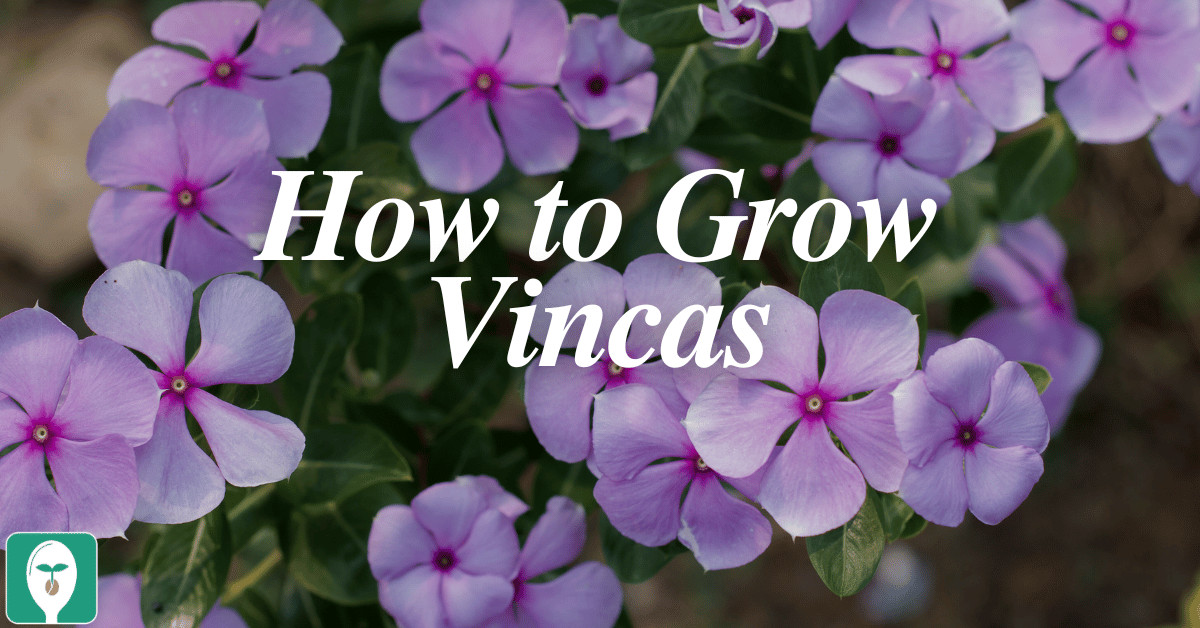When it comes to gardening, transitioning your seedlings from the cozy indoors to the great outdoors is a critical step. This process, known as hardening off, is essential for preparing your young plants for the realities of external weather conditions. Here’s a comprehensive guide to ensure a successful transition:
Understanding Hardening Off: Hardening off is the process of gradually acclimatizing indoor-grown seedlings to outdoor conditions.
Start Gradually: Begin by placing your seedlings outside in a shaded, sheltered area for a few hours each day. Avoid direct sunlight and harsh elements initially.
Increase Exposure Gradually: Over a week or two, slowly increase the amount of time your seedlings spend outdoors and their exposure to sunlight and wind.
Monitor Weather Conditions: Be mindful of the weather; avoid putting seedlings out in extreme conditions. Gradual exposure is key.
Watering During Transition: Maintain a consistent watering schedule. Seedlings should be kept moist but not waterlogged.
Avoiding Common Mistakes: Don’t rush the process. Sudden changes in temperature or exposure can shock seedlings.
Final Planting: Once your seedlings are accustomed to the outdoors, you can transplant them into your garden.
Using the From Seed to Spoon App: For more personalized tips and guidance on transitioning seedlings and other gardening tasks, download the From Seed to Spoon app. It offers a wealth of resources and customized advice to help you navigate every step of your gardening journey.
Remember, patience and attention to detail are key during the hardening off process. Following these steps will help ensure your seedlings grow into strong, healthy plants in your garden.

Carrie Spoonemore, co-founder of “From Seed to Spoon,” stands as a beacon of inspiration for gardeners and health enthusiasts alike. Her journey alongside her husband, Dale Spoonemore, in creating a platform that demystifies gardening and promotes a healthier lifestyle, has made a significant impact on individuals around the globe. Through the “From Seed to Spoon” app, Carrie has dedicated herself to empowering people to take control of their health and environment by growing their own food.
With a profound belief in the power of gardening to improve mental and physical health, Carrie’s contributions to the Seed to Spoon blog reflect her holistic approach to wellness. Her articles often focus on the nutritional benefits of homegrown fruits and vegetables, organic gardening practices, and the mental health benefits of spending time in nature. Carrie’s expertise in health science shines through in her detailed discussions on how specific plants can contribute to a balanced diet and overall well-being.
Carrie’s passion for gardening is deeply intertwined with her commitment to family and community wellness. She frequently shares personal stories of how gardening has brought her family closer together, offering practical tips for involving children in gardening activities and making it a fun, educational experience. Her writing encourages families to explore gardening as a means of spending quality time together while learning about nature and sustainability.
In addition to gardening advice, Carrie’s contributions to the blog include insights into the use of technology to enhance the gardening experience. She has played a crucial role in designing the “From Seed to Spoon” app to be user-friendly, ensuring that users of all ages and backgrounds can navigate the complexities of gardening with ease. Her vision for the app is not just as a gardening tool but as a vehicle for change, inspiring individuals to adopt a more sustainable lifestyle by growing their own food.
Carrie Spoonemore’s presence on the blog is marked by her compassionate approach to teaching and her unwavering belief in the transformative power of gardening. Her work continues to inspire a community of gardeners to pursue a healthier, more sustainable way of living, proving that with the right tools and knowledge, anyone can become a gardener and advocate for their health and the planet.






